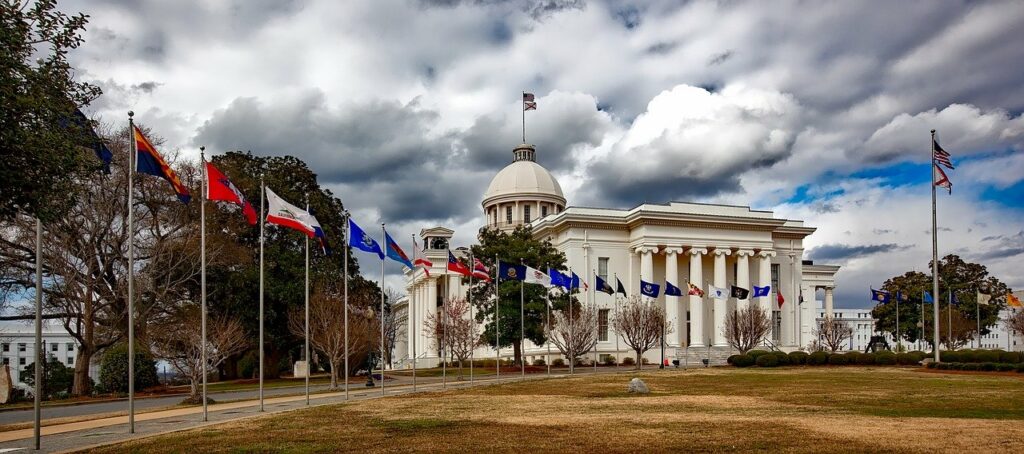
Every parent would undoubtedly want to do everything for their child to ensure that they live both a happy and healthy life. Whether that is taking them to every soccer practice or ensuring that they are taking their medications on time, parents work hard to do the best for their children, and many of them are turning to medical marijuana as a treatment option for their children.
As more states have legalized cannabis in some capacity over the past decade –– from strictly for medicinal purposes in states like New York to recreational use in states like California –– an increasing number of studies have been conducted on the potential uses of this amazing plant and its mysterious properties.
Marijuana Going Mainstream
As medical marijuana continues to become more mainstream, polls suggest that an increasing number of Americans approve of its broader legalization. However, there is one area where a stigma still hovers over the legal cannabis debate like a dark cloud: medical marijuana and children.
However, not all cannabis is the same. As medical marijuana has become more popular, this has lead to more research about the various compounds contained within the plant, not all of which necessarily contain the psycho-active compound Tetrahydrocannabinol, or THC. Through this relatively new research, one compound in particular has emerged as a particularly thrilling discovery: cannabidiol, or CBD for short. And for parents of children with conditions ranging from epilepsy to bipolar disorder to cancer, CBD may be just be the miracle they’ve been waiting for.
THC versus CBD
Let’s break down the difference between THC and CBD a bit further.
There are two main cannabinoid receptors in the body: CB1 and CB2. CB1 receptors play a role in memory, mood, appetite, sleep and etc, while CB2 receptors are found within the immune system and deals with inflammation.
THC directly affects both receptors, resulting in the mellow feelings associated with being high, an increase in appetite, drowsiness and euphoria. In addition, THC can only be derived directly from the cannabis plant.
CBD, on the other hand, only affects the CB1 and CB2 receptors indirectly and does not result in a high. As a result, CBD is most commonly used for medicinal purposes. In addition, CBD can be created from both hemp plants and marijuana.
CBD’s Treatments and Effects
Advocates of CBD evangelize the compound’s supposedly marvelous properties. This includes the treatment of a varied list of symptoms, from reducing inflammation and relieving stress to more dramatic effects, such as treating mood disorders and fighting cancer. In some studies, CBD has been shown to help to reduce epileptic seizures by working as an anticonvulsant –– and hundreds of parents have now reported that CBD has significantly reduces the frequency and severity of seizures.
In addition to these potential benefits, researchers believe that CBD may also be used to treat neurological diseases, such as Alzheimer’s, Multiple Sclerosis, and Parkinson’s, and protect nerve cells from degeneration.
With so many different benefits, and none of the negative drawbacks of traditional forms of cannabis, it is clear why parents of children who suffer from these various conditions are seeking out medical marijuana as a treatment option –– even if their goal is not necessarily to purchase traditional THC-packed flower and edibles, but CBD-rich oils and tablets.
More Research Required
The potential benefits of CBD and other cannabis-derived products for children still requires a lot of research, but the early evidence is certainly promising. For parents who are looking for desperate measures to help their children, the prospect of a simple CBD oil improving their child’s health is almost too good to be true. Unfortunately, not every family in every state has these products available. It will be up to state and federal legislators to review the evidence and determine whether or not more citizens deserve access to medical cannabis –– and up to the voters in those states to determine just who those lawmakers are.
Author Bio:Constante Quirino is a freelance writer and content strategist. A passionate yogi for several years, he is an advocate for healthy, balanced lifestyles.




